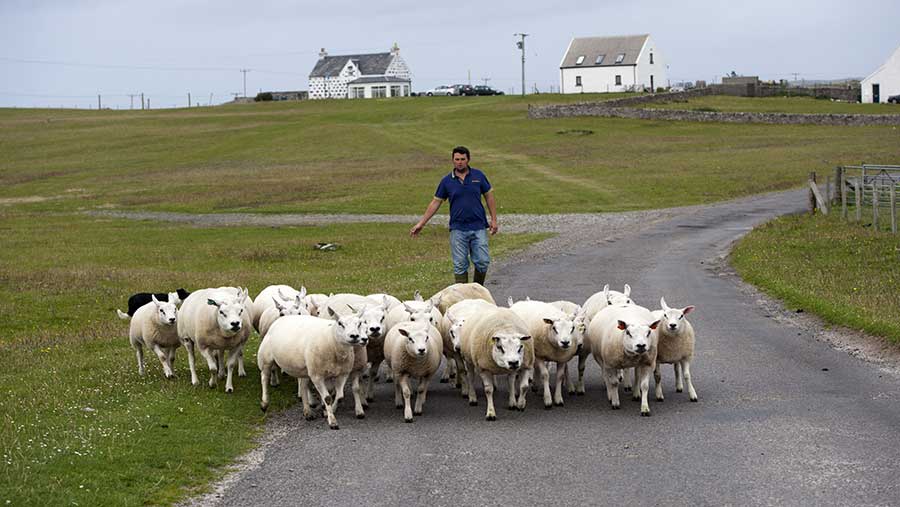Scots fear loss of farm jobs as wages board stays
 © FLPA / Wayne Hutchinson/Rex Shutterstock
© FLPA / Wayne Hutchinson/Rex Shutterstock The decision to retain the Agricultural Wages Board in Scotland could result in fewer farms and fewer jobs, NFU Scotland has warned.
After a review and consultation over the future of the body, rural affairs secretary Richard Lochhead has decided that the board should continue to protect the rights of low-paid farm workers in Scotland.
Analysis by the government found evidence that scrapping the board would drive down wages, particularly for young apprentices and migrant workers, he said.
See also: Scottish growers could be ‘eliminated’ by wage rise
But NFU Scotland chief executive Scott Walker said the decision to retain the board without any change to its functions or remit risked crop production moving out of Scotland.
“For labour intensive crops such as hand-picked fruit and vegetables this decision will have a huge impact on an industry that operates in a very competitive environment,” he said.
“With a National Minimum Wage, a new National Living Wage and rules governing working time, why the Scottish government has decided to retain the board when we have all these other rules in place simply cannot be understood by growers.
“Retailers and consumers simply won’t pay for these additional costs, and instead of creating jobs the risk is that there will be fewer farms and fewer farm workers in Scotland in the years to come.”
Scottish soft fruit and vegetable growers have already warned that they see any profits being eliminated by the introduction of the National Living Wage.
The new living wage in England will only apply to workers above the age of 25. But because Scotland will still have an wages board, which is not banded by age, but by time employed, they will have to pay at least 50p/hour more than their counterparts if they employ younger workers.
